Experts and residents believe a violent summer may be in store for Chicago after gun violence exploded to record highs during the first weekend of unrest following the police-involved killing of George Floyd.
On Monday, Chicago police arrested a man who shot and wounded an officer responding to a domestic violence call on the city’s West Side. Another off-duty officer was shot early Tuesday morning in an attempted robbery on the South Side.
In the weekend following Floyd’s death in Minneapolis, University of Chicago Crime Lab reported 18 fatal shootings on Sunday, May 31, the most violent day since the early 1960s. Police resources were thin, as looting and protests raged in the city.
That weekend, a total of 85 people were shot with 24 killed, according to the Chicago Sun-Times.
“We’ve never seen anything like it, at all,” Max Kapustin, the senior research director at the crime lab told the Sun-Times. “I don’t even know how to put it into context. It’s beyond anything that we’ve ever seen before.”
“When [Chicago Police Department] has to turn its attention elsewhere and there’s suddenly this vacuum that opens up, you also unfortunately see a picture like you saw with [last] weekend where you see an absurd amount of carnage, people getting injured and killed,” Kapustin added. “Those forces are still there.”
To deal with the extra murder victims, the Cook County medical examiner’s office called in extra pathologists to conduct autopsies, the Chicago Tribune reported.
The highest number of deaths in the city previously had been on Aug. 4, 1991, when 13 people were killed in the city. The number of murders in Chicago has been dropping in the past few years, to 492 murders last year from 764 in 2016.
Mayor Lori Lightfoot said the city’s 911 dispatch department received 65,000 police calls on May 31, about 50,000 more than a usual day.
Residents worry that the pandemic-caused high unemployment and social restrictions along with a sense of lawlessness might cause a violent summer.
South-side journalist James Porter, who is African American and the son of a Chicago police officer, said the unrest on television reminded him of his father’s 1968 police experiences after the assassination of Martin Luther King Jr. and at the Democratic convention.
“[When] I learned about the unrest in Minneapolis, it soon dawned on me: Summer is coming, and this might be the Rodney King uprising of 2020. And I was right.”
Teyonna Lofton of the city’s Gresham neighborhood was shot in the elbow at a gas station by unknown people in an SUV, she told the Sun-Times she called 911 repeatedly for help.
“When I needed help, to call the police and stuff, nobody responded. Nobody answered,” Lofton said. “My mom had to come from home, and we had to get to the hospital.”
Chicago Police spokesman Thomas Ahern called the number of violent acts and shootings “unprecedented” and said the department was investigating.
“The Department is actively working to seek justice for all the residents impacted, especially those who have been killed or injured by these senseless acts of violence,” Ahern said in a statement.
Activists said the violence was a response to building pressure from COVID-19, joblessness and housing insecurity. South-siders are bracing for the summer and hoping that the trend won’t continue.
“It’s like a time bomb out here,” Rev. Michael Pfleger, pastor of St. Sabina church and anti-gun activist told the Sun-Times. “People are on the edge, people are angry, people are poor, and they don’t even know when it’s going to change.”
Copyright 2020 United Press International, Inc. (UPI). Any reproduction, republication, redistribution and/or modification of any UPI content is expressly prohibited without UPI’s prior written consent.
—-
This content is published through a licensing agreement with Acquire Media using its NewsEdge technology.



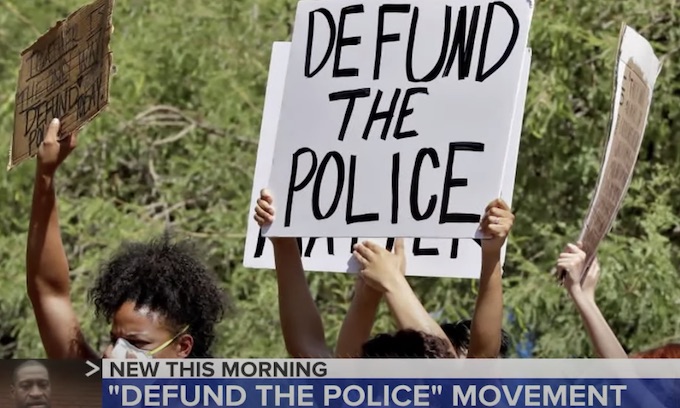
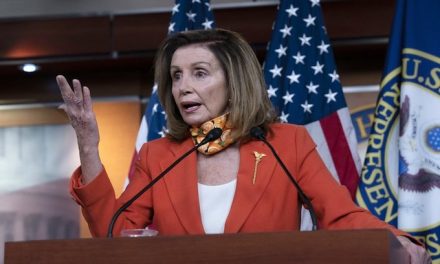
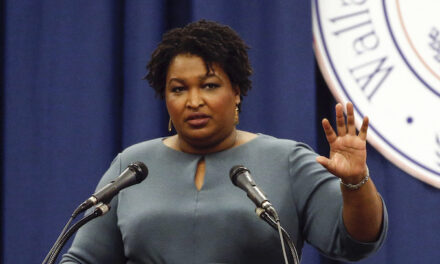
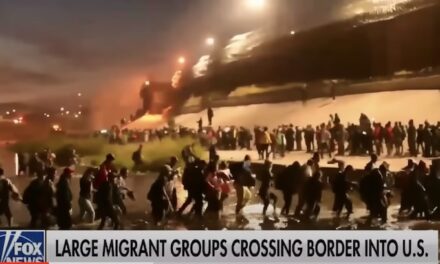
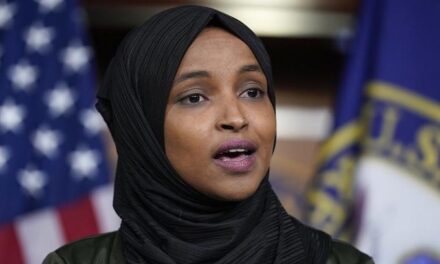











Recent Comments